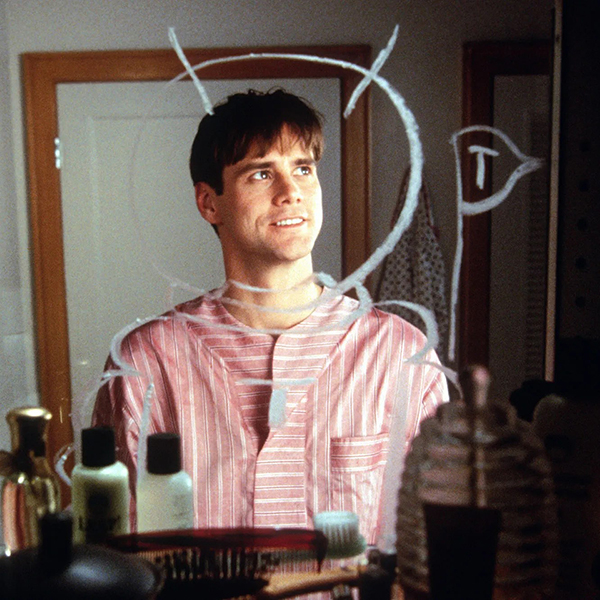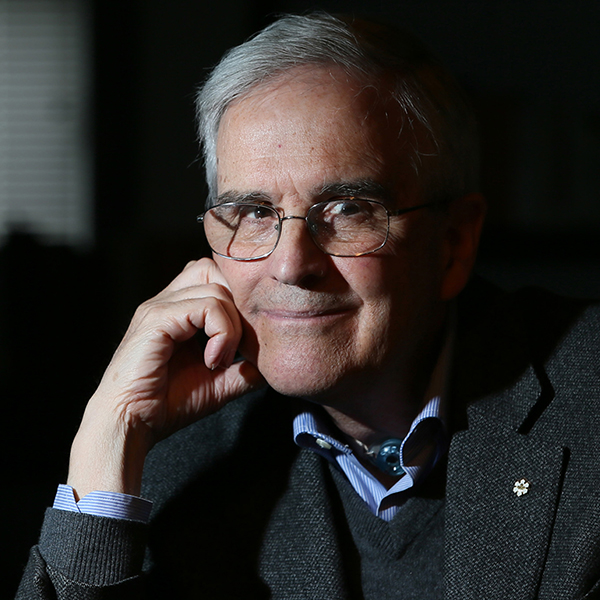Health
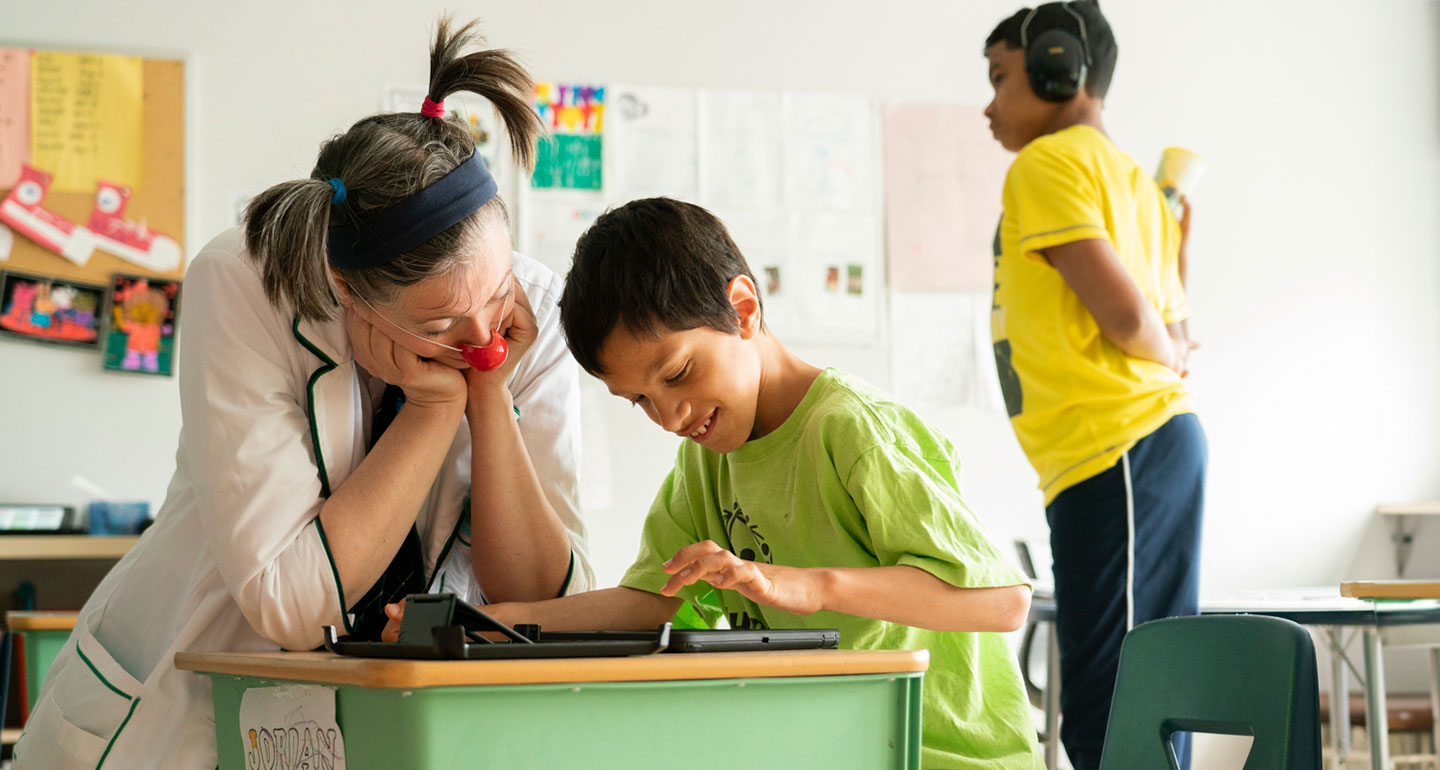
Health
The therapeutic value of clowning around
Melissa Holland, BEd’98, is the co-founder and co-artistic director of the Dr. Clown Foundation. Their troupe of trained therapeutic clowns (and that includes her) bring comfort, compassion, and plenty of laughs to hospitalized children and seniors in care facilities.
Read the article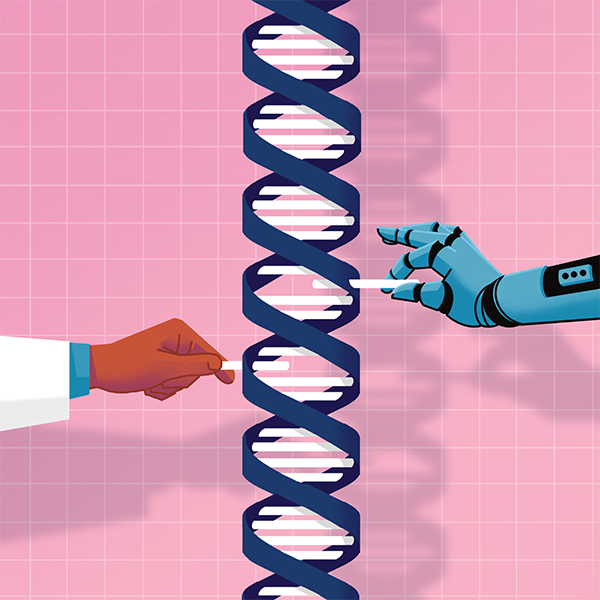 Health
Health
New non-profit targets under-researched diseases
McGillians are playing key roles in Conscience, a new non-profit initiative that hopes to use artificial intelligence and a “team sport” approach to encourage research into the rare diseases and potential threats that Big Pharma tends to ignore.
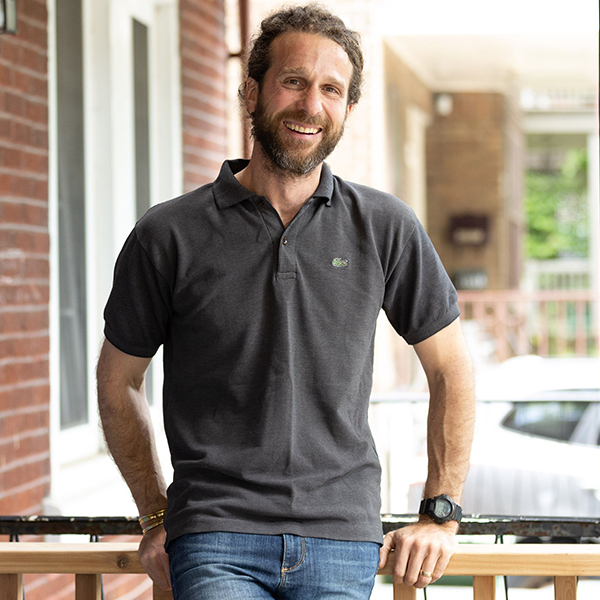 Health
Health
Helping Montreal prepare for the next public health emergency
As the deputy medical director at Montreal Public Health, David Kaiser, BSc’03, MDCM’09, MSc’13, oversees emergency preparedness. His holistic perspective on health issues was forged, in part, during his environmental sciences studies at McGill.
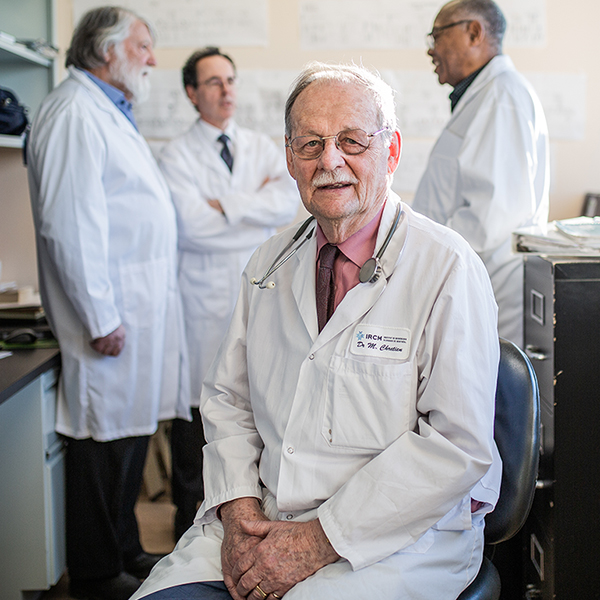 Health
Health
An influential scientist (inside and outside his lab)
Michel Chrétien, MSc’62, hasn’t just been a witness to the evolution of medical science in Quebec and Canada. He has also been a major player. (Cet article est disponible en français.)
 Health
Health
Betting big on open science
The Neuro and its Tanenbaum Open Science Institute are committed to making its research as freely available and transparent as possible, while encouraging other neuroscience institutions to do the same.
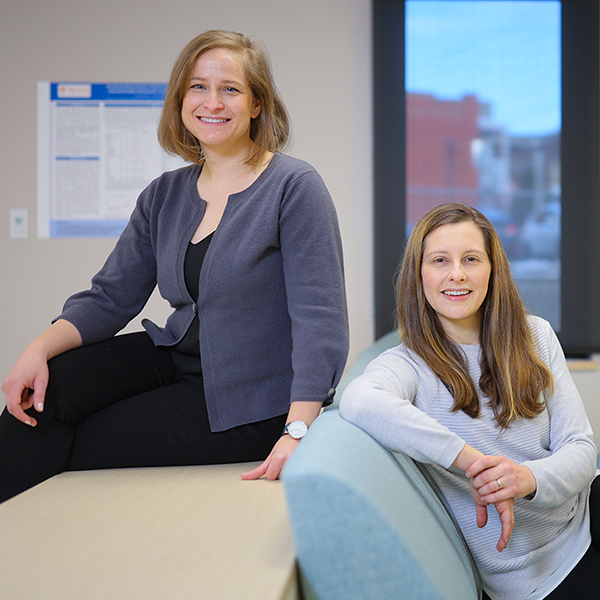 Health
Health
Exploring nutrition through a high-tech lens
McGill’s Clinical Nutrition Research Unit, a key part of the School of Human Nutrition at Macdonald Campus, has a new home and vastly improved infrastructure for cutting-edge studies. The CNRU is pursuing a wide variety of projects with one common ingredient – the instrumental role that nutrition plays in keeping us healthy.
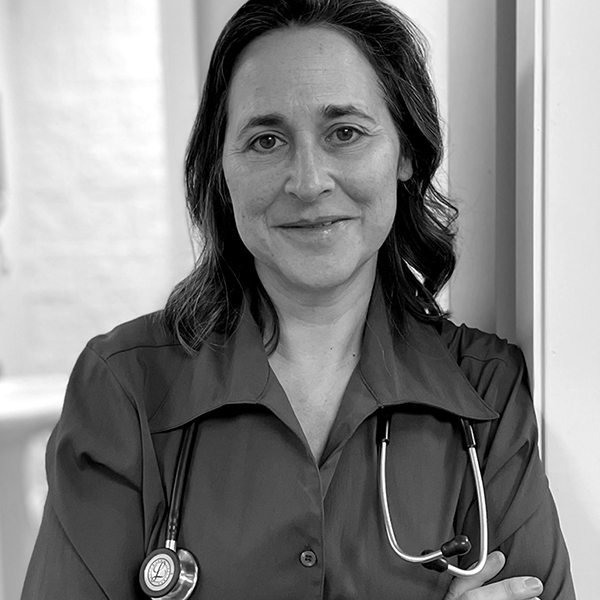 Health
Health
Assisting patients with their final decision
Dr. Stefanie Green, MDCM’93, is a Canadian pioneer in the practice of medical assistance in dying. “[Patients] stop thinking about how they might die and start thinking about how they are going to live during the time they have left.”
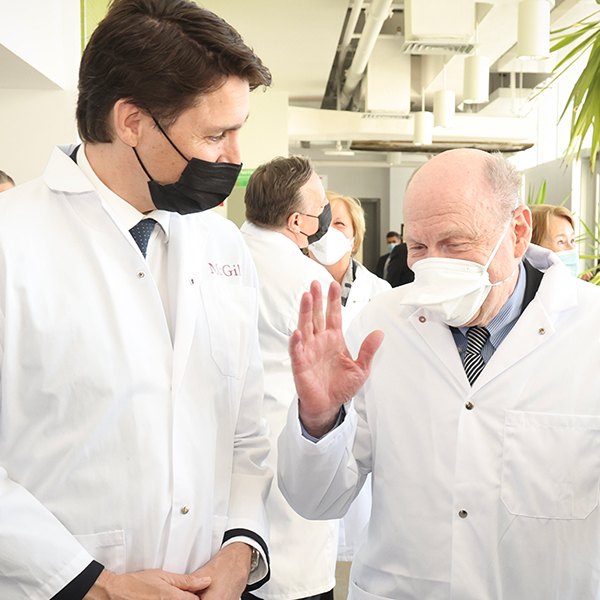 Health
Health
The dazzling potential of RNA therapies
The success of the COVID-19 mRNA vaccines underlines the immense promise of RNA science. About 100 McGill scientists are actively pursuing research in this field, including some who have already done pioneering work. A recent agreement with Moderna could pave the way for new breakthroughs.
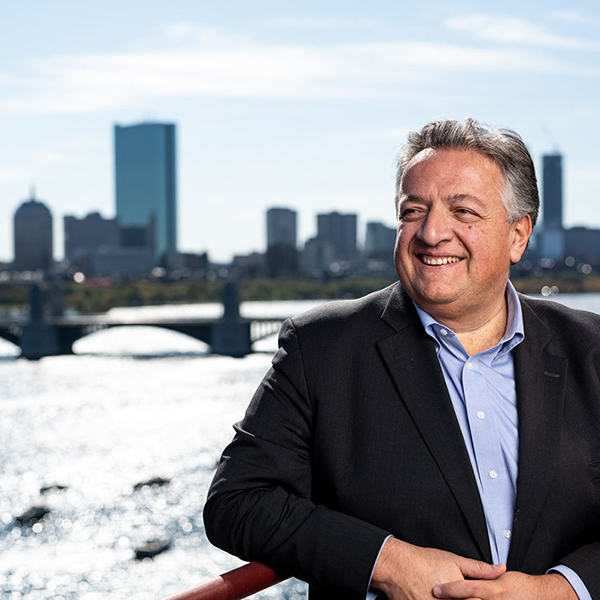 Health
Health
McGill’s Moderna connection
Moderna's COVID-19 vaccine is one of the planet’s best hopes for prevailing against a pandemic that has affected millions around the world. Noubar Afeyan, BEng’83 (pictured), is the company's co-founder, while Hamilton Bennett, BSc(FSc)’07, is one of the principal players leading Moderna’s vaccine efforts.
